Currently, the commission says it needs more than one million test kits and 5,882 ARVs and that any delay in raising the money to procure the drugs and items will pose a threat to the drive to reduce the infection rate.
Members of the GAC led by its acting Director-General, Mr Jacob Sackey, made the appeal when they paid a courtesy call on the Vice-President, Mr Kwesi Bekoe Amissah-Arthur, at the Flagstaff House in Accra yesterday.
The meeting, which was also attended by religious leaders, discussed how to raise the needed resources for the procurement of the test kits and the ARVs. It was also meant to discuss the institution of a national HIV day for advocacy and fundraising by religious bodies, in November every year.
Donor support
Mr Sackey said donor support for the commission had dwindled, for which reason he explained that the commission had decided to generate resources from within.
Attributing the reduced donor support to the middle-income status of the country and the fact that the donor countries themselves were facing economic crises, Mr Sackey stated that the GAC had put in place an elaborate resource mobilisation strategy with a focus on the private sector.
He said the commission was also in the process of organising a roundtable meeting with the private sector to discuss its resource needs while meetings would be held with other bodies as well.
Mr Sackey said about 80 per cent of support for HIV/AIDS programmes in India came from the private sector and proposed the same paradigm for Ghana.
“I see crisis in the country if we are not able to procure these items immediately,” the Director of GAC said.
Mr Amissah-Arthur, who is also the Chairman of the GAC, expressed concern about the situation and implored the religious leaders to join hands with the GAC to raise the funds to avert any crisis.
He said the GAC was required to conduct HIV test on individuals every year, adding that the commission had proposed to run the test on 1.7 million people this year as against the 1.4 million people proposed earlier.
According to the Vice-President, funding is the major constraint facing the commission and stressed that “religious organisations have a responsibility to be each other’s keeper and self-preservation is important for us to stop the disease from spreading”.
At the meeting were representatives of the Ghana Pentecostal Council, the Ahmadiyya Muslim Mission in Ghana, the Catholic Bishops Conference, the Council of Charismatic Churches and the Ghana Muslim Mission, all of whom pledged financial support to the GAC.
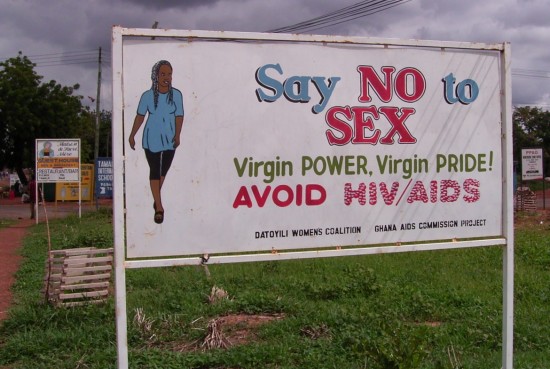
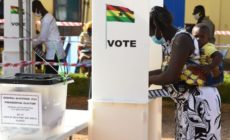
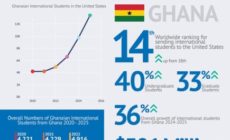
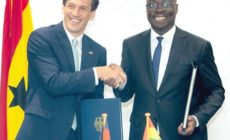
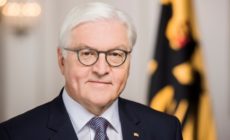






 (Selorm) |
(Selorm) |  (Nana Kwesi)
(Nana Kwesi)